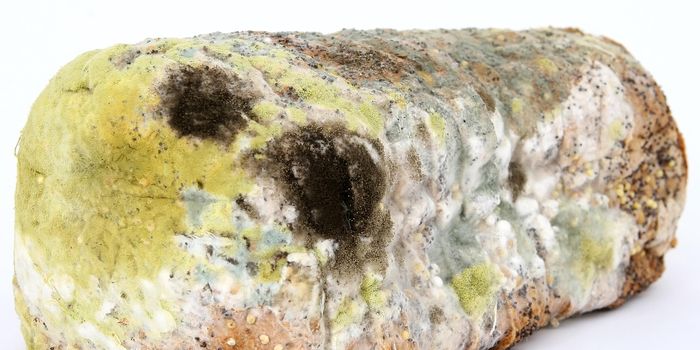Cigarette Carbon Monoxide May Protect Against Parkinson's

Epidemiological research has found that smoking tobacco reduces PD risk, and the development of Lewy-body-related neuropathology. The findings prompted investigation of constituents of tobacco smoke- such as nicotine- to treat PD. Nicotine, however, failed to mitigate PD symptoms or stall progression in human trials. Other constituents are thus under consideration.
One such constituent is CO. The concentration of hemoglobin-bound CO (CO-Hb) is intermittently higher in the blood of smokers than nonsmokers, and at levels known to reduce oxidative stress and inflammation. In the current study, researchers thus investigated whether CO levels may contribute to neuroprotection.
To do so, they administered a low dose of CO- comparable to exposure experienced by people who smoke- to rodent models of PD. In doing so, they found that CO protected rodents against key features of PD, including loss of dopaminergic neurons and accumulation of PD-associated protein alpha-synuclein in neurons.
In particular, oral CO was shown to activate signaling cascades mediated by heme oxygenase-1 (HO-1), which plays a part in limiting oxidative stress and promoting alpha-synuclein degradation. The researchers further found that heme oxygenase-1 was present at higher levels in the cerebrospinal fluid of people who smoke than nonsmokers. It was also present at higher levels in neurons without alpha-synuclein pathology in brain tissue samples from patients with PD.
“These findings suggest that molecular pathways activated by low-dose carbon monoxide may slow the onset and limit the pathology in Parkinson’s disease. They support further investigation into low-dose carbon monoxide and the pathways it modifies to slow disease progression,” said senior study author Stephen Gomperts, an attending physician at Massachusetts General Hospital and an associate professor of neurology at Harvard Medical School, in a press release.
“Building on multiple Phase 1 and Phase 2 clinical studies in both healthy people and people with a variety of clinical conditions showing safety of carbon monoxide at the low doses studied here, a clinical trial of low-dose, orally administered carbon monoxide in patients with Parkinson’s disease is planned,” he added.
Sources: Neuroscience News, npj Parkinson’s Disease








